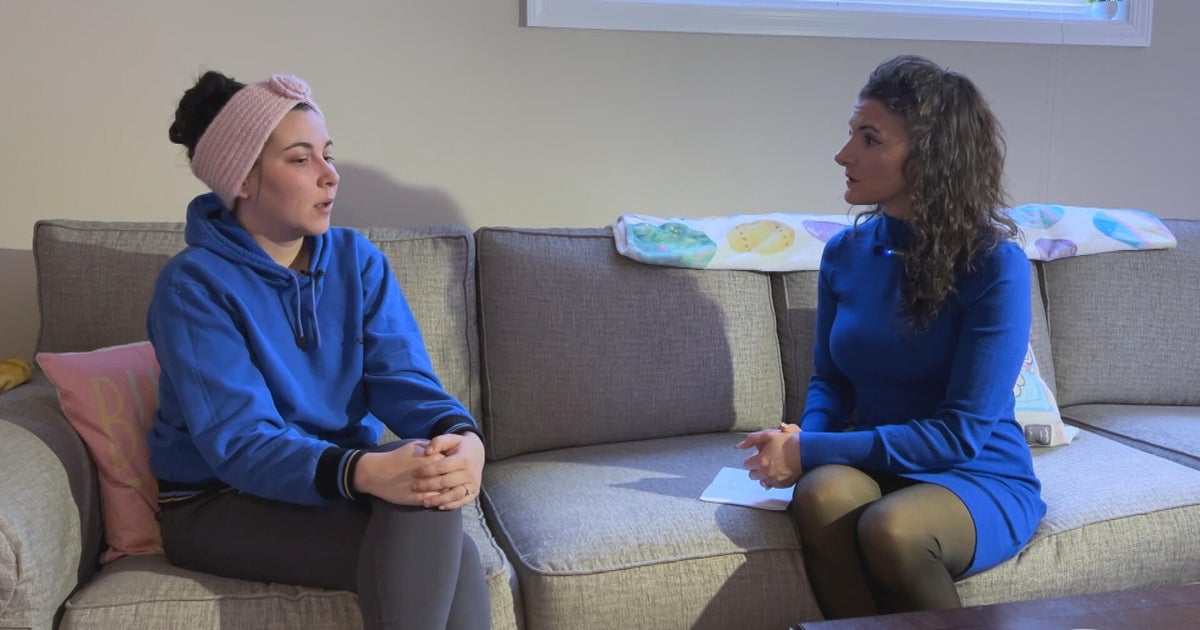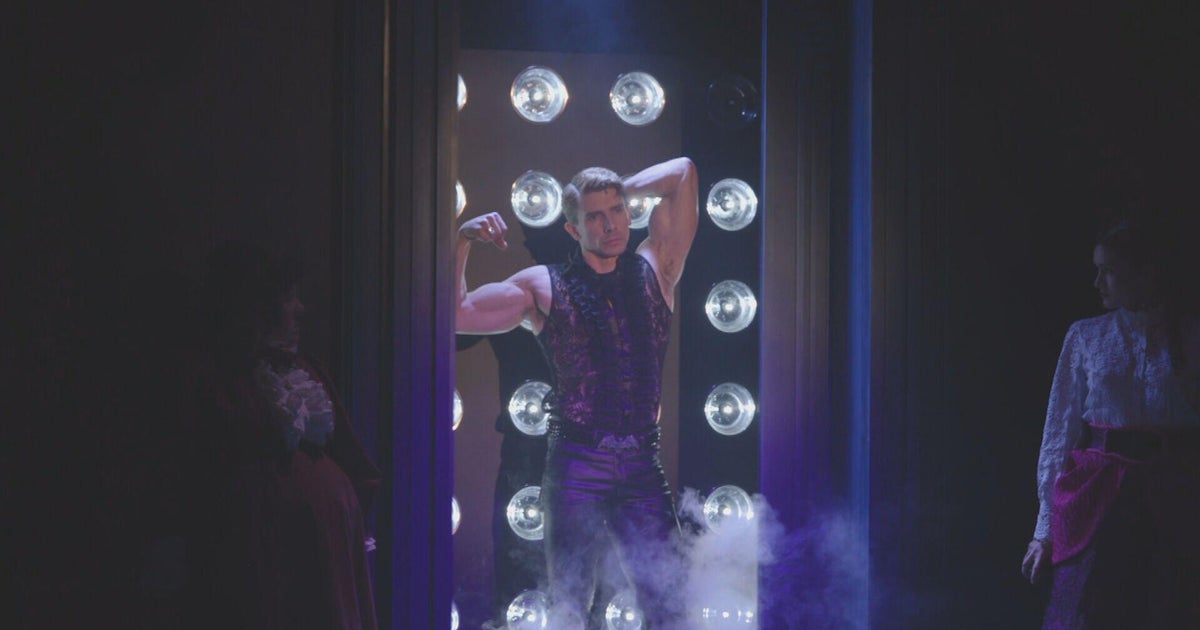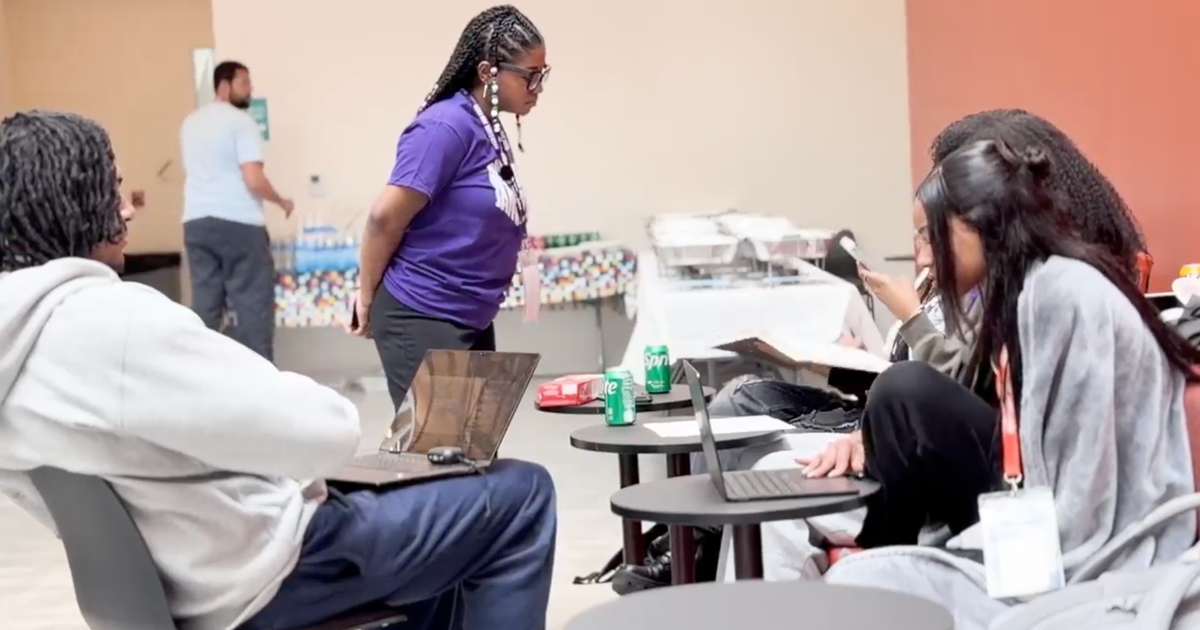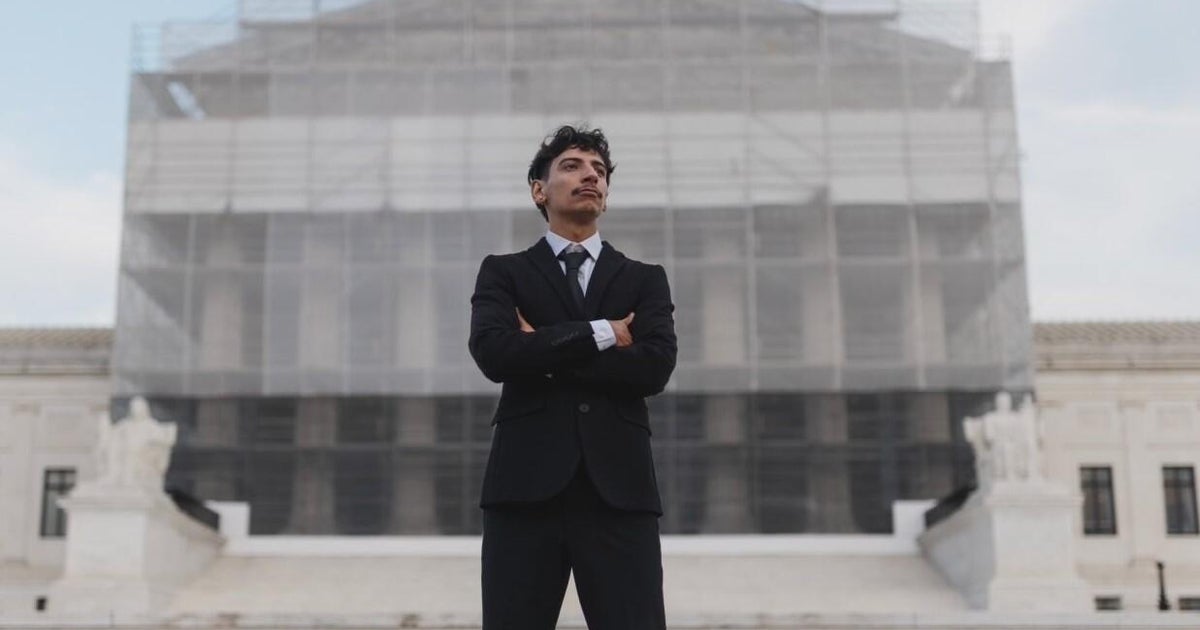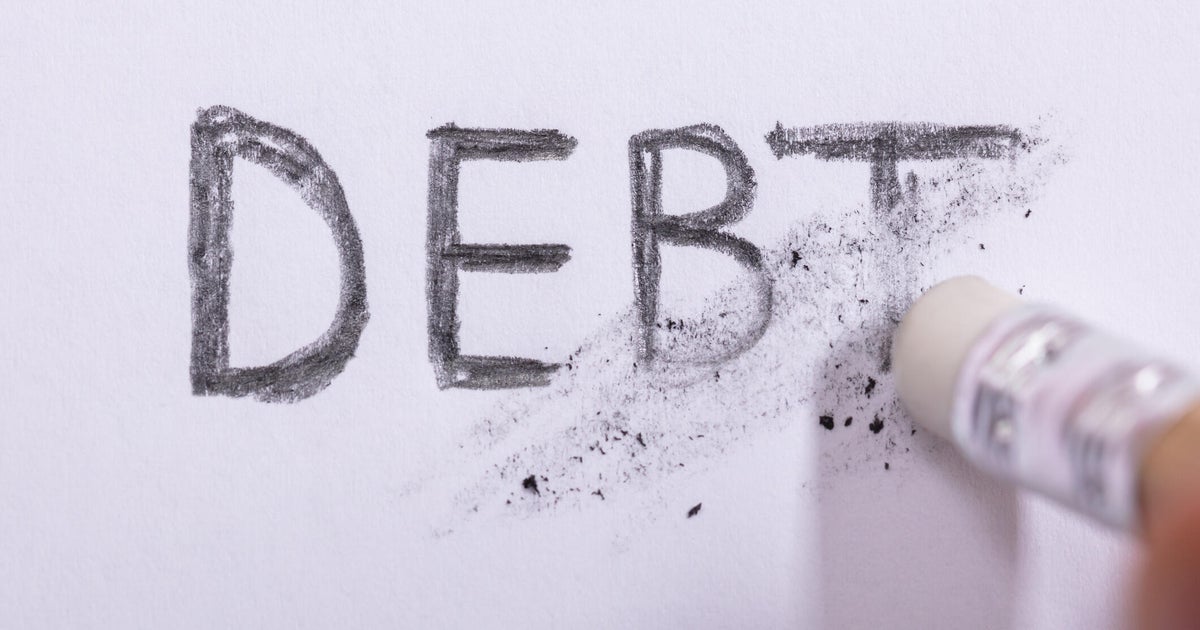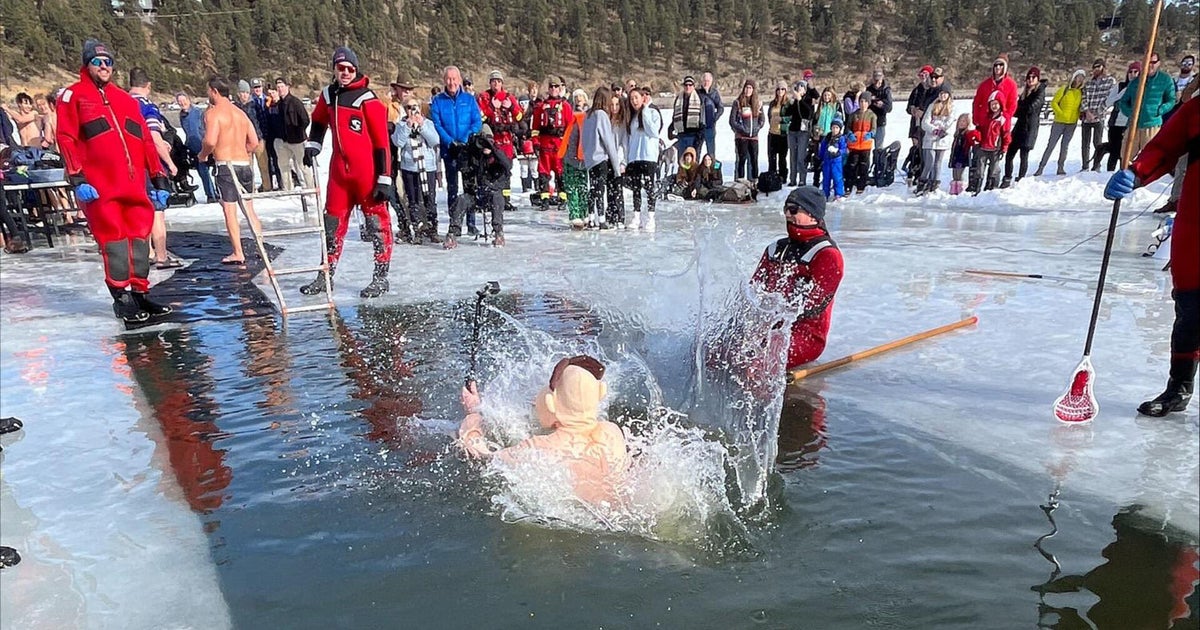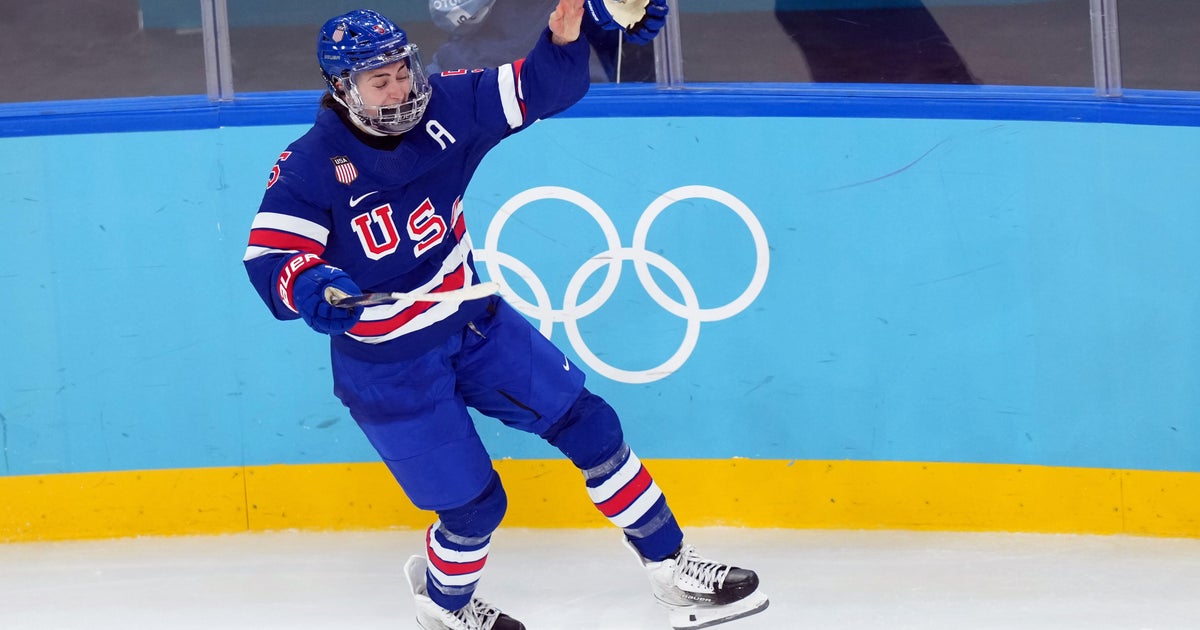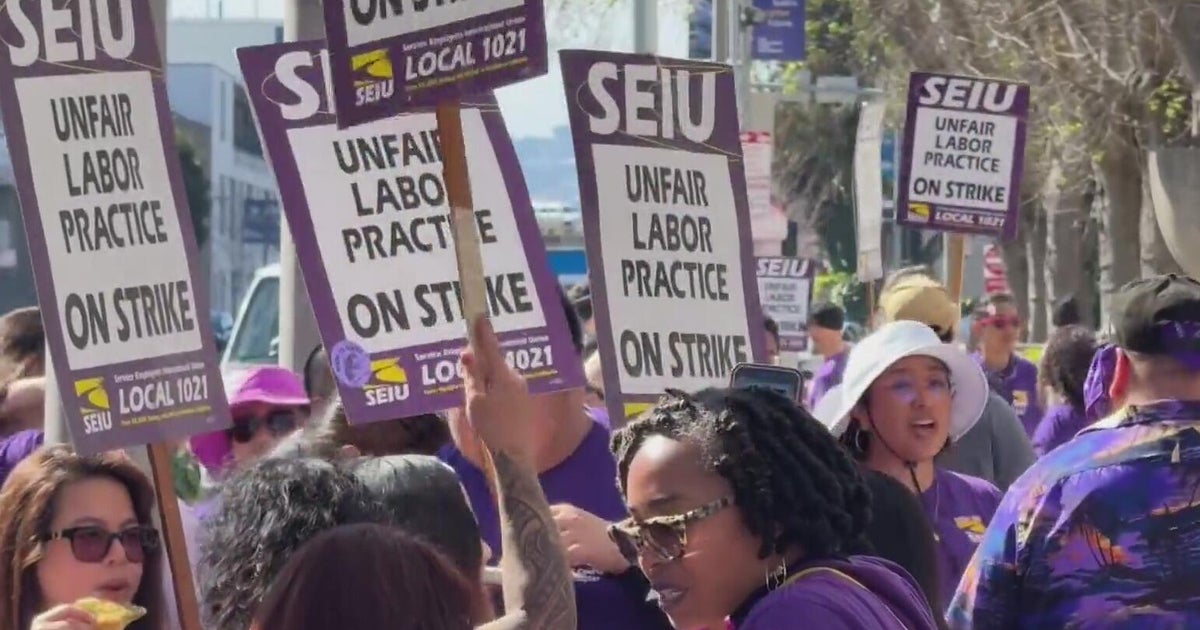Barry Shabaka Henley On Playing Uncle Tunde On Bob Hearts Abishola: 'I Find The Character Influences Me As Much As I Do Him'
(CBS Local)- The CBS sitcom "Bob Hearts Abishola" in the midst of its second season, has delivered plenty of laughs for audiences each Monday night. For Barry Shabaka Henley, who plays Uncle Tunde to Folake Olowofoyeku's Abishola, the sitcom has been one of the biggest joys of his professional life. Henley says that the opportunity to work with Chuck Lorre and the joy of working with the cast has him waking up each day excited to go to work.
As the show nears some big events in the personal lives of its characters, CBS Local's Ryan Mayer had the opportunity to speak with Henley about the what drew him to the role, the similarities between himself and the character, and the representation of the immigrants on the show and why it matters. The full conversation is below.
RM: Take me back to when you first heard about the show, what was it about the character of Uncle Tunde that made you want to be a part of it?
BSH: First of all, once I realized that Chuck Lorre was the man behind it, I mean you can't have a better association in this industry than a person like Chuck Lorre. He not only has a proven track record of substantial, magnificent hits. But, to be associated with that, you always know that you're going to come to work every day and there's going to be quality on the table on the scripts, in the cast. It is just a high class operation and everyone is just so proficient and easy to work with. It's a joy, it's really a joy.
RM: I've seen you mention before that one of the things you like about this character, Uncle Tunde, is the positive outlook that he has on things. I wonder, has that rubbed off on you in your personal life or is that something that you really liked bringing to the character?
BSH: I think it goes hand in hand. The character is almost an innocent in his optimism. He refuses to allow anything to dampen the optimism that he walks through life with. And there are aspects of myself that are that way. I'm one of those people that definitely has spent a life of making lemonade out of lemons. And I find that the character influences me as much as I do him. I find in the writing he's created in a way that is very realistic and that realism of his optimism is the same optimism I share as a human being. I think it's a pretty balanced thing. I think I influence the character and bring things to him and the writing brings stuff out of me.
More From CBS:
RM: Speaking of that writing, we're now through a full season and in the midst of Season 2. I wonder, has there been a particular scene that has really stuck out to you in playing Uncle Tunde?
BSH: Oddly enough, the fifth episode was one of my favorites. Because I think what it did is, the characters can be a kind of send up of real people but in a comedy there's always that danger, unless it's really harnessed by directors and producers. We have the amazing Beth McCarthy Miller that is our producer. We sort of balance that reality, and I think I can't say enough about how excited and happy I am to be working with this group of people, it's just the best experience that I've had in all the years that I've been working.
And I've been working a few years. This isn't my first rodeo as it were. And it's really a blessing to have a work situation that is so fantastic. I love going to work. I have to drive about an hour to get there but I love going to work. And once I'm there, I love being with the people that are sharing the screen and the world of Bob Hearts Abishola. It's a very gifted wonderful group of people that I have to work with.
RM: One of the other things that really struck me in watching one of your interviews about the character and about the show is pointing out the main feedback you had gotten, which was the positive light in which the immigrants on this show are portrayed. They're shown to be the smart, intelligent, hard-working people that they are and that's something we don't always necessarily see in the representation on television. When you think about that, how do you think about the portrayal and how important it is to have that showing of what immigrant life is like here and what these people are striving for?
BSH: I think that is it really the recipe for righteousness. We have so many stereotypical views of what immigrants look like, especially the ones of color. We have these thoughts that their lazy, that their here to take advantage of our system and do things like that. And it's the opposite. Immigrants enhance the world we live in in America. Immigrants built this country and are the bedrock and foundation of it.
And what's fascinating to me about it is the show deals with the specificity of a Nigerian immigrant. However, when you watch it, that could be somebody from the Ukraine or from Mexico or Turkey. The universality of the kinds of desires and views that immigrants bring to our country they're universal. Even as specific as it is with this Nigerian cultural event that is happening, that specificity translates into a universality that touches everybody and everybody can relate to. The universality comes through us examining the specific and I think it's a wonderful show for this country at this time.
RM: The final question for you, as we go through the rest of this second season, what are you most excited for fans to see?
BSH: At the risk of being a spoiler, I will say this and only this. Coming, there's going to be a very powerful event that's going to happen and that's going to make its way from Nigeria to the states and it's going to be fireworks.
Watch an all new episode of "Bob Hearts Abishola" Monday, January 18 at 8:30 p.m. EST/PST
